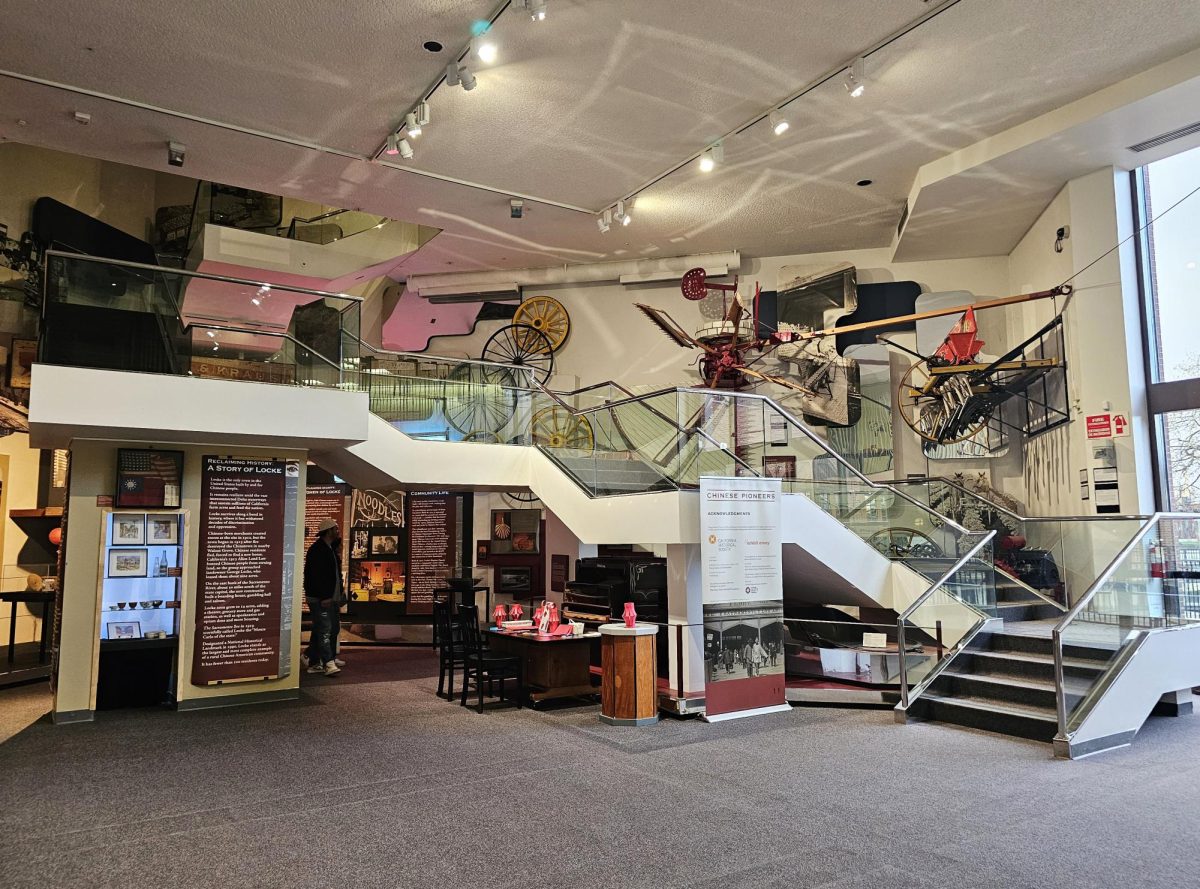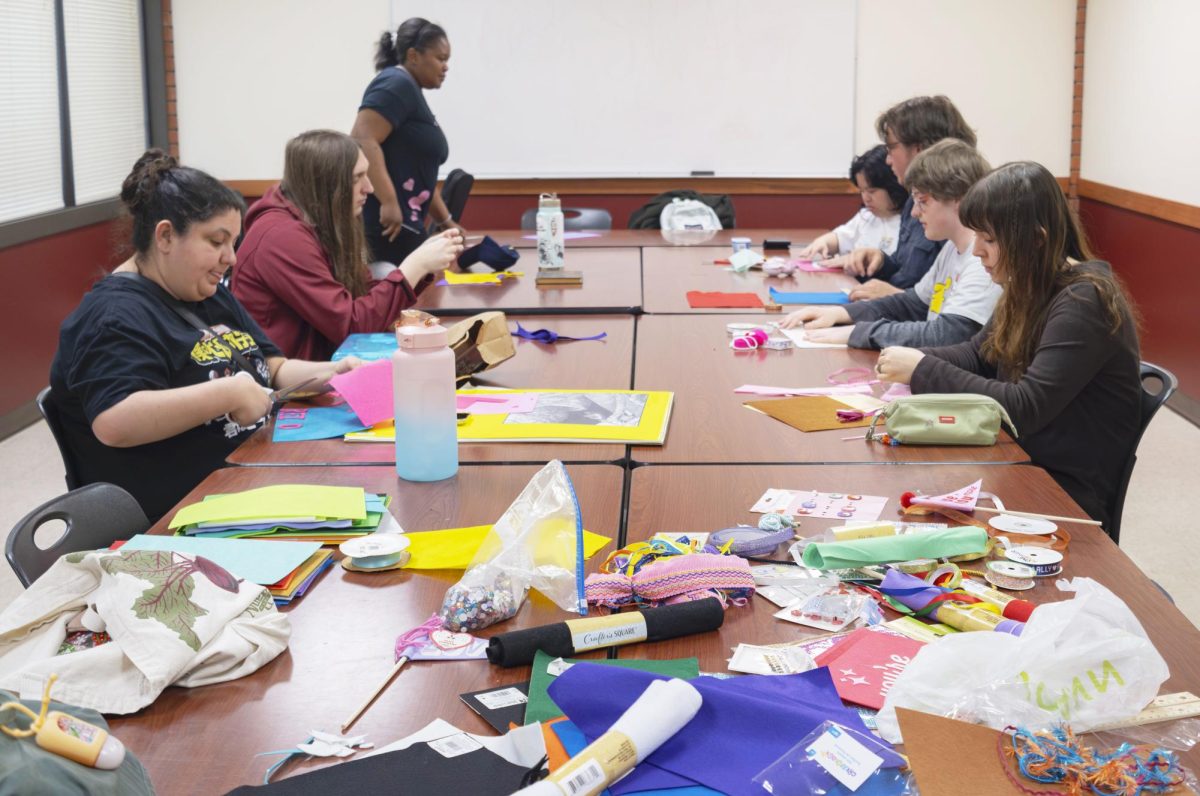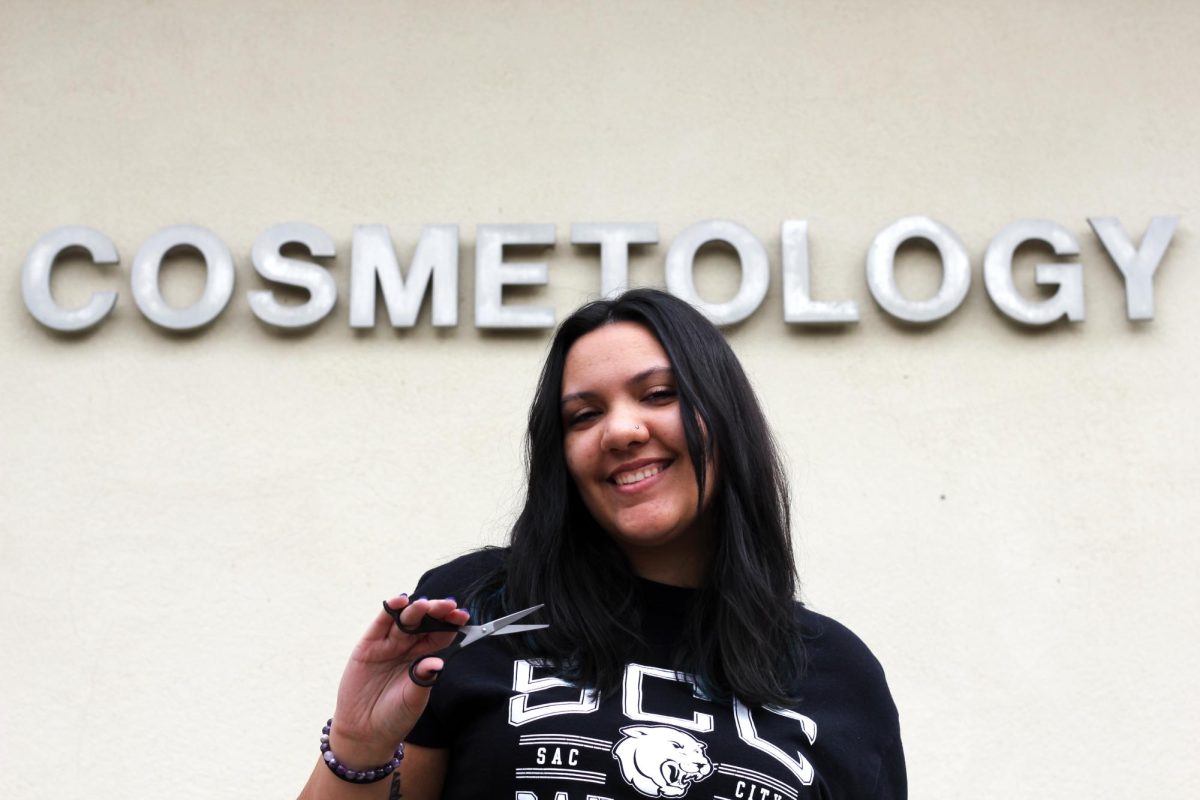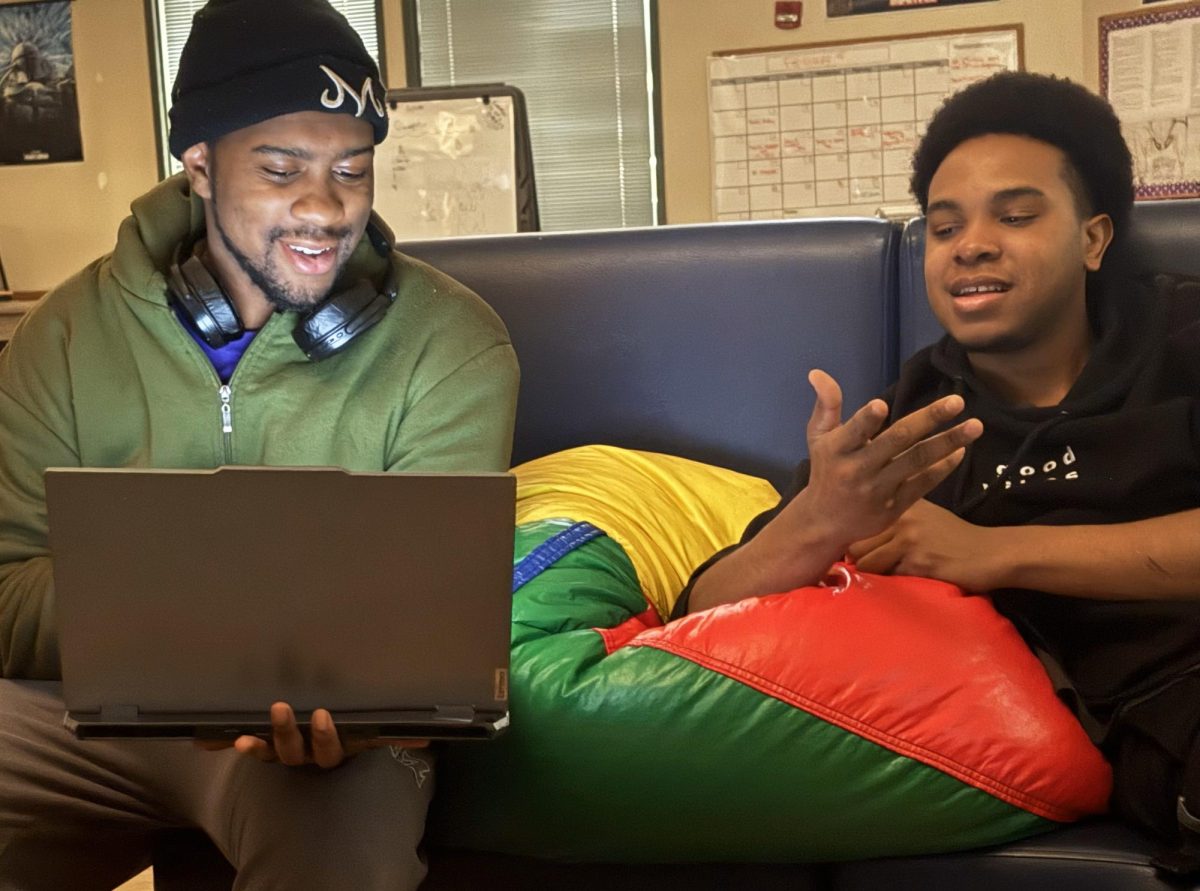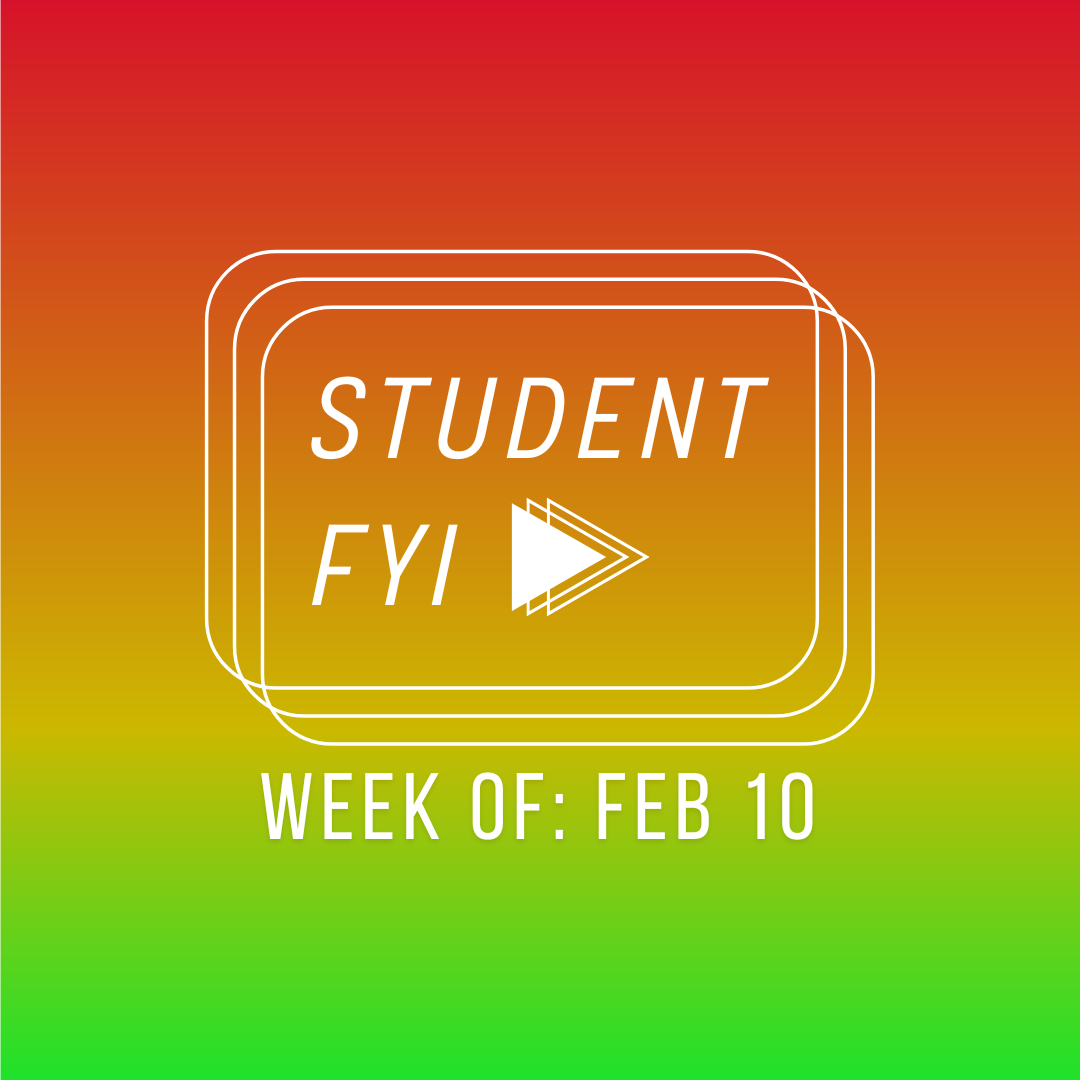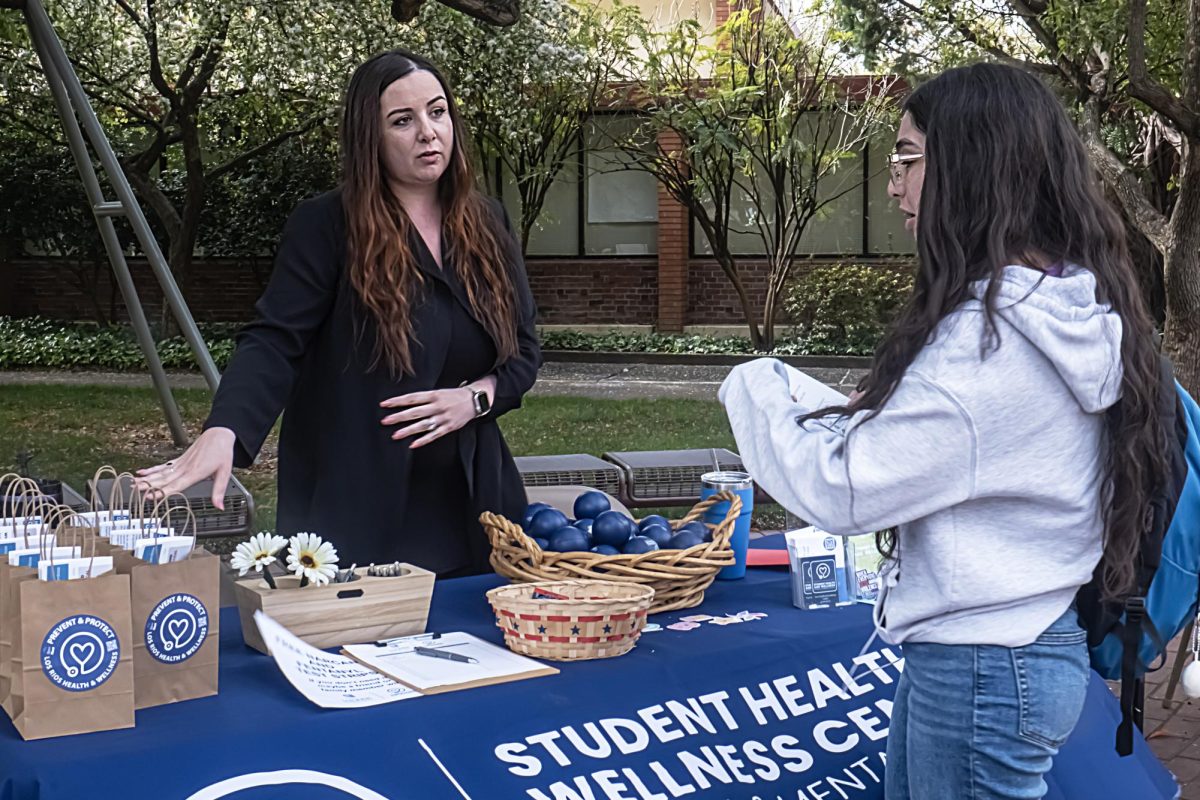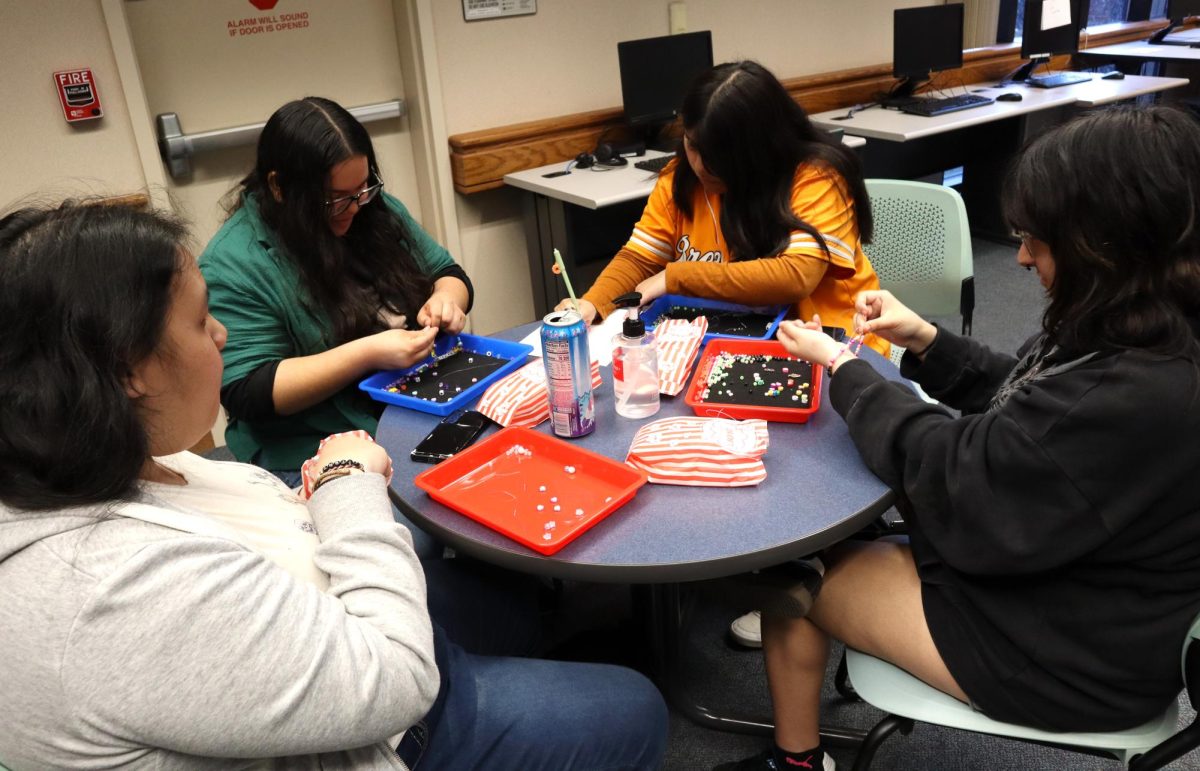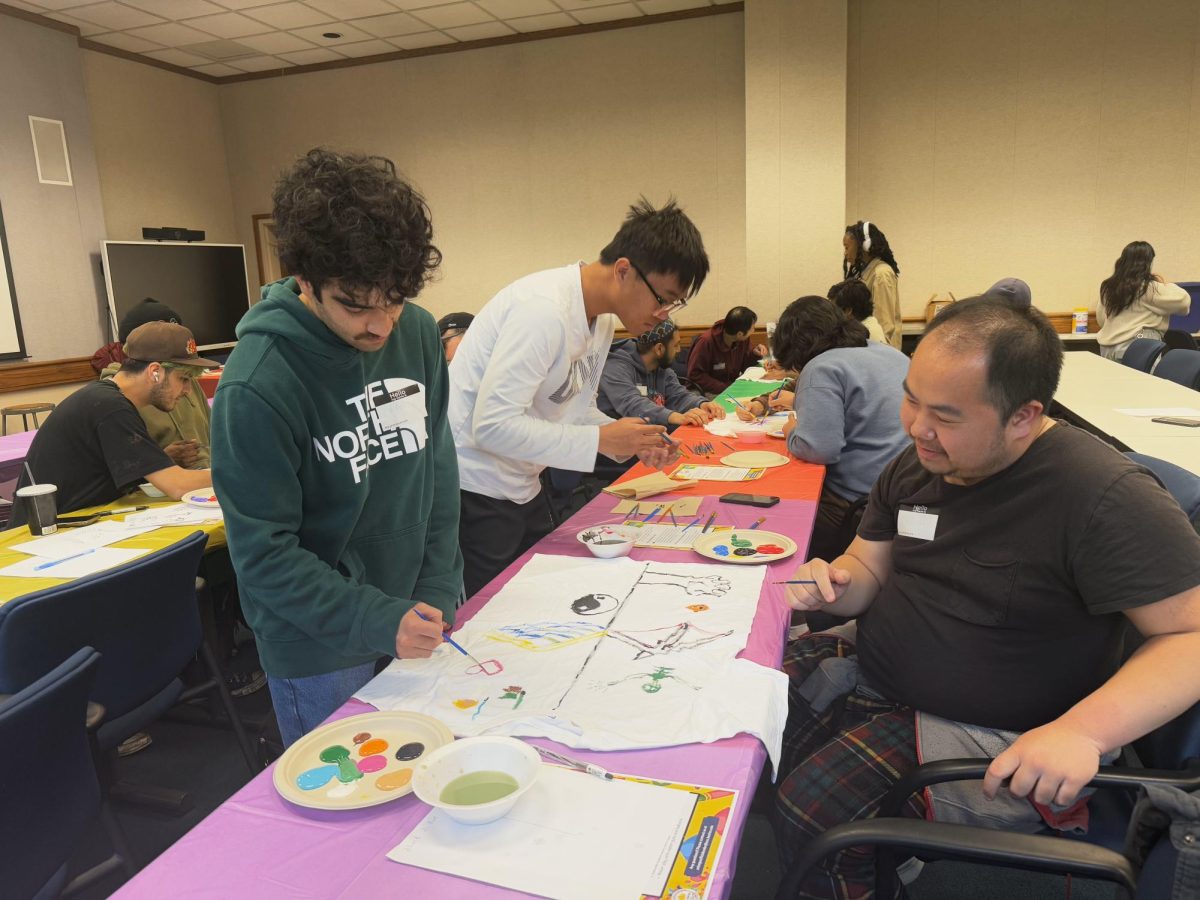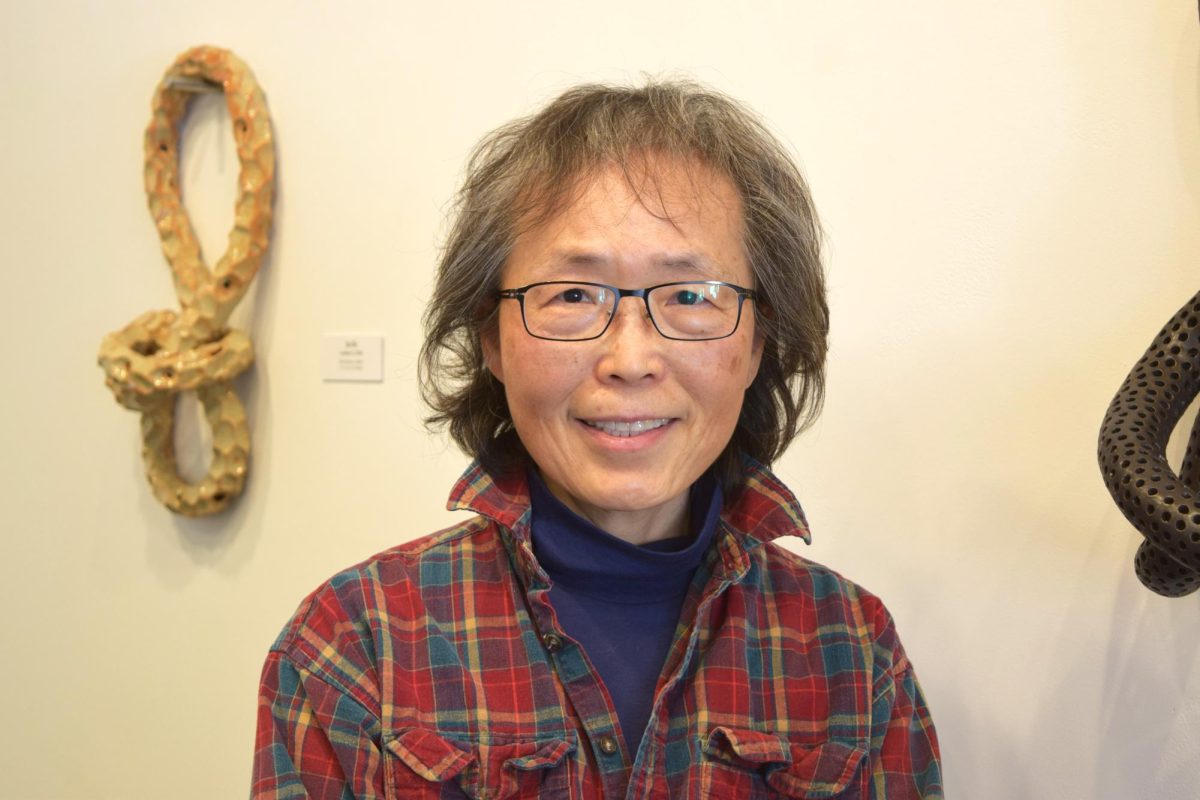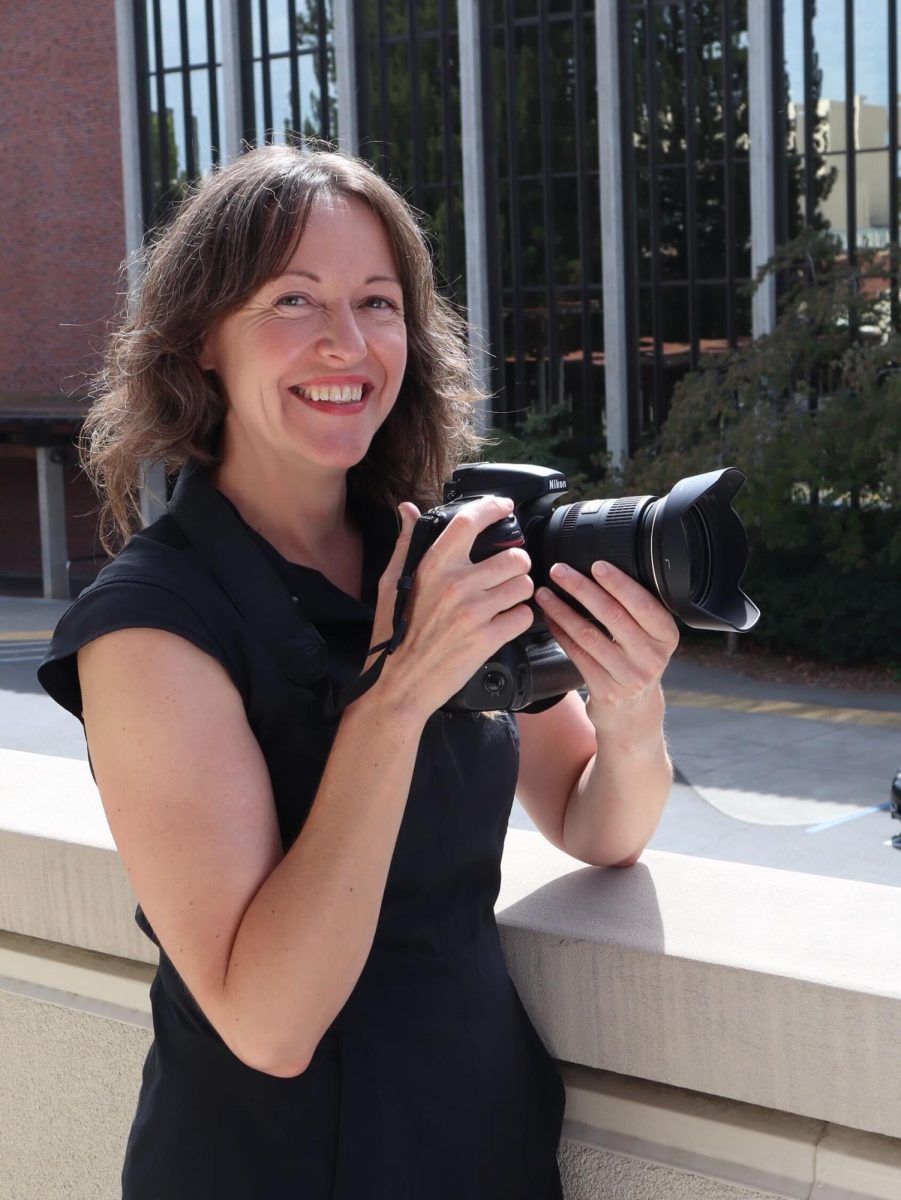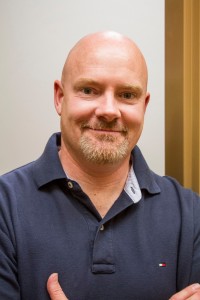
College for 10 years.
Guinevere Yep | yepiam@mac.com
Turn off your voice. Speak with your hands. Exclaim with your eyes. Express with your body. Listen with your heart.
These are the rules for City College professor Kevin Clark’s classroom.
Clark is deaf, but not silent. He quietly conducts his class by weaving elements of deaf culture into the vibrant dialect that is American Sign Language, helping his students to understand the rich and sometimes tragic history of his community.
Clark, 45, an active guy, who just happens to be deaf, enjoys cycling and hiking. He has taught A.S.L at City College for 10 years. He has also traveled the world, including Europe, South Africa, Venezuela and Japan.
At 17, he went to New Zealand as an exchange student, where he learned British Sign Language, a different language than A.S.L. He once rode his bike 3,300 miles, from coast to coast across the country, a feat he shares with sign language professor and colleague Pat Masterson. Masterson jokes riding across the U.S. is a requirement to teach sign language at City College. Culture is a big part of Clark’s class and a big part of the reason he chose to teach hearing students.
“I like to bridge the gap between the hearing and deaf worlds via A.S.L. and deaf culture,” says Clark.
Most deaf people are not lonely or isolated, but part of a bigger community that is sharing and supportive, according to Clark. He requires his students attend at least three deaf events outside class, like coffee socials, movies or plays. The deaf community is inclusive and welcoming whether someone hears or not. They are friendly and excited to meet people who make the effort to learn their language, say students who attend the events. A.J. Bennett, a former student of Clark’s who tutors A.S.L. at City College, believes understanding deaf culture is equally as important as learning the language.
“I am hard of hearing now, but my hearing loss is progressing and I will be deaf,” says Bennett. “Kevin’s class gave me insight.”
Masterson, a hearing instructor who has taught A.S.L. at City College for more than 30 years, shares a classroom with Clark and describes him as both humorous and fair.
“Kevin is a funny guy who is extremely patient with his students,” Masterson says.
Clark was born into an all-deaf family and has two sisters. One sister, Darline Gunsauls, teaches A.S.L. at American River College. Clark’s outlook on life comes from his parents, now deceased, who believed encouraging an understanding of deaf culture leads to respect for deaf people.
“My parents told me to show the world how wonderful it is to be a deaf person,” Clark says.
Clark is not just an ambassador, but an activist. In 2010 he was a key member of a committee fighting against the passage of Assembly Bill 2072. Clark and his committee contended the bill bypassed the current newborn hearing screening law and would promote audism, a word that defines prejudice against people who cannot hear or speak. The bill initially passed, but thanks in part to Clark and his committee, then Gov. Arnold Schwarzenegger was convinced to veto it.
Clark graduated from Gallaudet, the prestigious deaf university in Washington, D.C., with a bachelor’s degree in psychology and holds a master’s in deaf education from California State University, Northridge.
Clark currently lives with his partner, Collin and their dog, Peanut. He says he doesn’t see himself as impaired, disabled or unfortunate. Instead, he sees himself as blessed.
“The experience of being a deaf person is God’s gift to me,” Clark says.








